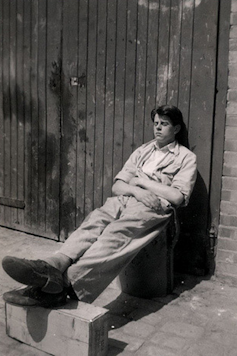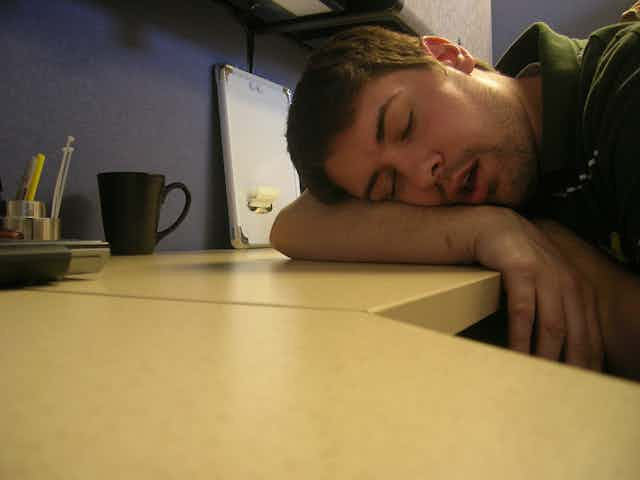Catnap, kip, snooze, siesta; whatever you call naps, there is no doubt these once frowned-upon short sleeps are gaining acceptance. The increase in popularity is not surprising, with the Centers for Disease Control and Prevention in the US finding around a third of American adults do not get the recommended seven hours sleep each night.
Insufficient sleep not only affects our overall performance, but can affect some physiological functions such as changes to hormones, metabolic factors and immunity. From a business perspective, insufficient sleep can translate into lost profits due to decreased worker productivity. This has led companies such as Google, Nike and Ben & Jerry’s to encourage or allow napping at work, providing employees with napping facilities such as napping pods and quiet rooms in which they can nap if desired.
The pros and cons
Naps have been shown to be effective in reducing and minimising some of the negative effects of insufficient sleep. For example, compared to when no nap is taken, naps have been shown to effectively reduce feelings of sleepiness and improve cognitive performance on tasks such as reaction time and vigilance. Naps may also help to improve short-term memory and overall mood.
Moreover, these improvements can last for a few hours after the nap has ended. Naps may also offer longer lasting improvements in cognitive performance and reduced sleepiness than other commonly used countermeasures of sleepiness such as caffeine.
But as with everything, there are downsides too. Although naps are associated with performance improvements and reduced sleepiness, these benefits may not be immediate. Naps can be associated with a period of sleep inertia, which is the feeling of grogginess most people experience immediately after waking.

Sleep inertia is also characterised by a decrease in performance ranging from slowed reaction time to decreased coordination.
While the effects of sleep inertia generally subside within 15-60 minutes after waking from a nap, this period of delayed responsiveness and grogginess may pose serious risks for individuals who are required to function at optimal levels shortly after waking, such as those in transportation, aviation and medicine.
Following a nap, a period of sleep inertia may occur, before sleepiness is reduced and performance improved.
There is some research showing naps may affect your ability to get to sleep at night. Following an afternoon or evening nap, night time sleep duration may be shortened and more disrupted according to some studies. But there is some debate about this. A majority of the research suggests naps have minimal impact on night time sleep.
It’s all about timing
The degree to which naps help, or hinder, largely depends on the timing and duration of the nap. Longer naps (two hours or longer) are associated with longer lasting performance improvements and reduced sleepiness than short (30 minutes or less) or brief naps (ten minutes or less). Longer naps, however, are also more susceptible to sleep inertia, with a worsening in performance immediately following the nap. Alternatively, the benefits of brief naps occur almost immediately and are without the negative side-effect of sleep inertia.
Longer naps may also have a greater impact on subsequent sleep periods than shorter naps, as they may decrease “sleep pressure”, which can make falling and staying asleep more difficult.
The time of day naps occur can also affect the benefits of napping. Naps taken in the early morning hours, when there is a high circadian drive for sleep, may worsen the effects of sleep inertia and may not offer as much recuperation compared to naps taken in the afternoon.
One sleep or two?
More recently it has been suggested that perhaps humans were not meant to have one sleep, but were meant to sleep bi-modally - two shorter sleeps instead of one long one a day. While there is still some debate about whether this is true or not, it seems the number of sleep episodes may not make much difference to waking performance.
Rather, the overall amount of sleep per day, seven to nine hours, is what is likely to have the biggest impact on performance. It’s possible splitting the sleep in this manner may affect different sleep stages such as non-rapid eye movement and rapid eye movement sleep, which may have long-term implications on general health and well-being, however these effects need to be investigated further.
While there are some disadvantages to napping, such as sleep inertia, for the most part, the benefits of improved performance and reduced sleepiness outweigh the negatives. Short naps, less than 30 minutes, may offer the most “bang for your buck” as they can improve performance quickly with minimal side-effects.

